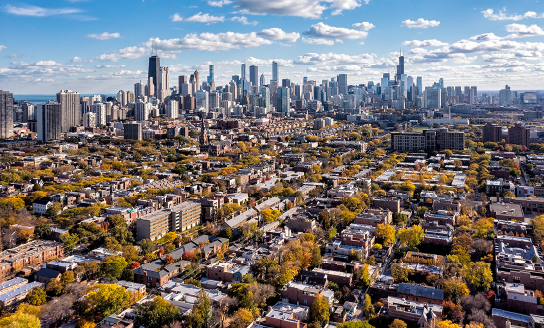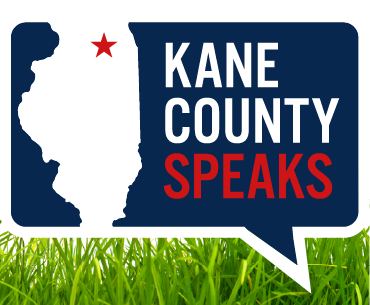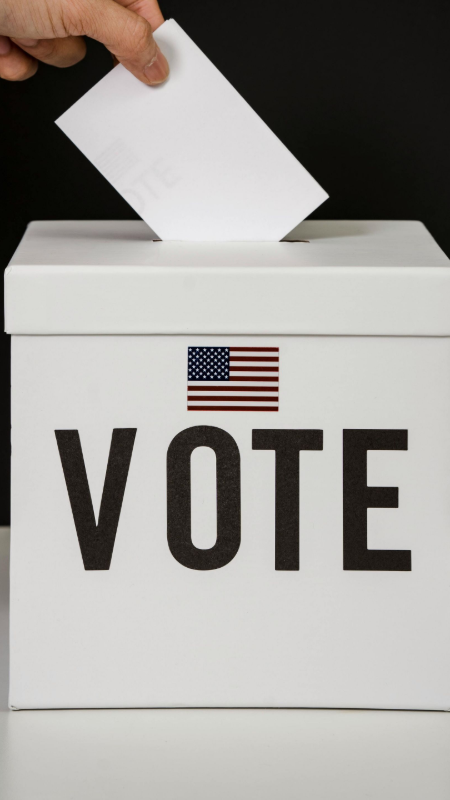personal fulfillment
Quality of life is a broad concept, shaped by a mix of tangible and intangible factors that vary across cultures, environments, and individual priorities.
Illinois quality of life
Key basics for Quality of Life in a community
Based on research and frameworks like the OECD Better Life Index, WHO Quality of Life assessment, and general consensus, here are the key ingredients that consistently stand out:
Physical and Mental Health
Access to healthcare, nutritious food, clean water, and opportunities for exercise are foundational. Mental well-being also matters. Chronic illness or untreated mental health issues can erode other gains.
Financial Stability and Security
Enough income to cover basic needs (housing, food, utilities) without constant worry, plus some cushion for emergencies or leisure. It’s less about wealth and more about predictability and freedom from poverty’s grind.
Strong Relationships and Social Connections
Humans are social creatures. Close ties with family, friends, or community provide emotional support, reduce loneliness, and foster a sense of belonging. Quality matters more than quantity here.
Safety and Stability
Living in an environment free from violence, crime, or political instability allows people to thrive without fear. This includes trust in institutions and a sense of personal security.
Purpose and Meaning
Whether through work, hobbies, spirituality, or volunteering, having a sense of purpose drives motivation and satisfaction. Feeling like your life has impact or aligns with your values is a big piece of the puzzle.
Education and Personal Growth
Access to learning—formal or informal—builds skills, confidence, and adaptability. It’s not just about degrees but the ability to grow, solve problems, and engage with the world critically.
Work-Life Balance
Meaningful work (paid or unpaid) that doesn’t consume all your time or energy. Flexibility, fair compensation, and time for rest or personal pursuits prevent burnout and keep life multidimensional.
Environmental Quality
Clean air, green spaces, and a stable climate aren’t just nice-to-haves—they directly impact health and mood. Connection to nature also boosts mental resilience.
Safety and Stability
The ability to make choices about your life—where to live, what to believe, without oppressive restrictions. This includes political freedoms and personal agency.
Access to Leisure and Culture
Time and resources for recreation—whether it’s art, travel, sports, or just relaxing—add joy and depth. Cultural engagement, like music or storytelling, ties you to something bigger.
These ingredients don’t weigh the same for everyone. Context matters—urban vs. rural, rich vs. poor countries, young vs. old. The data backs this: for instance, Gallup’s World Poll shows health and social connections consistently rank high globally, but financial security dominates in lower-income nations. — Grok (X source)
trust in society matters
High-trust and low-trust societies differ in how people interact, cooperate, and build institutions, driven by levels of mutual trust, social cohesion, and expectations of reliability.
High-Trust Societies
People assume good intentions, expect honesty, and rely on others to uphold agreements. Institutions are generally transparent, accountable, and effective.
Features:
- Strong social contracts: Citizens trust institutions to deliver services and follow rules.
- Low corruption: Transparent governance reduces bribery and nepotism.
- Economic efficiency: Trust lowers transaction costs (e.g., fewer contracts) and encourages investment.
- Social cohesion: People cooperate in public spaces, volunteer, and engage in civic activities.
- Informal systems: Handshakes or verbal agreements often suffice; less need for oversight.
Outcomes:
- Higher economic growth and innovation due to collaboration.
- Lower crime rates
- Greater willingness to pay taxes.
Cultural Roots: Often tied to historical stability, homogeneity, or shared values, though diversity can coexist with trust.
— Grok (X source)


trust in government
On a federal level, we have a lot of issues.
In Illinois, we have two political parties that do not take any responsibility for the level of debt, wasted spending or policy errors such as the sanctuary state actions that jeopardize the financial well-being of the state.

fake news
In 2015, Trump came down the escalator and announced his candidacy. Early in his campaign, he introduced America to a new term: Fake News. And it has burdened the DNC media to this day.
In Illinois, we have a docile media that protects the political class from accountability. The few media sources we can rely upon for truthful reporting are Wirepoints and Illinois Policy Institute, along with several others.

education
Are government run schools the answer to quality education?

safety and stability
Can a community thrive and prosper when the people cannot move about freely, without fear for their safety?

Corruption in Politics…
Erodes the confidence of the citizenry and potentially deprives citizens of due process and equal application of the law.

affordability
Can citizens spending after tax income afford basic needs?

crime
Can a community thrive and prosper when the people cannot move about freely, without fear for their safety?

illegal migrants
IL is a major destination for those who enter our country illegally and seek to take advantage of our systems for food, housing, health, education and more.
Latest Articles, Submissions & Community Highlights
get involved
This community runs on people who show up—and we mean really show up. Whether you’ve got a passion to share, a concern to raise, or just want to be part of what’s next, there’s a place for you here. Attend a meeting, join a board, volunteer, or simply speak up. However you choose to plug in, your voice matters. Let’s build something better, together.
Personal Fulfillment Contact Form
We will get back to you as soon as possible.
Please try again later.




